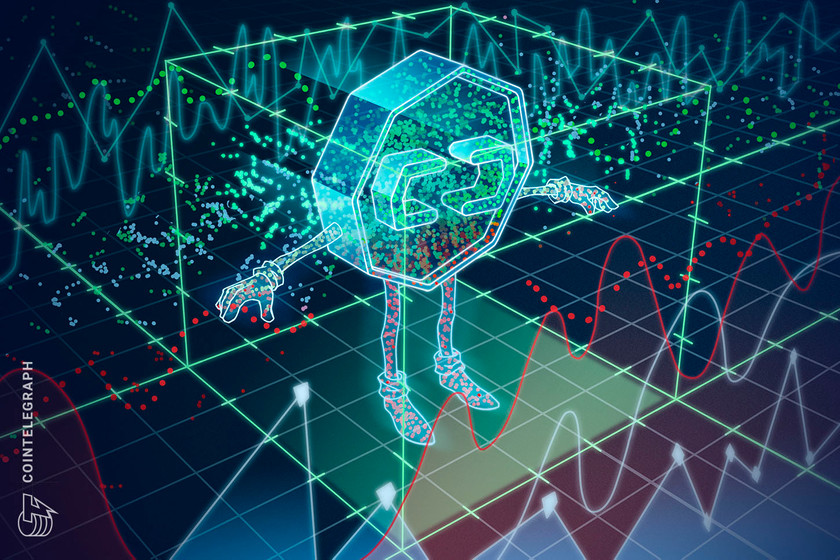A new oracle system aims to retrieve the additional fees paid by decentralized application (DApp) users to miners called maximal extractable value (MEV). It is the maximum value a miner can extract from moving-around transactions when producing a block on a blockchain network.
MEV can be defined as the maximum value that can be extracted from block production in excess of the standard block reward and gas fees. The MEV comprises arbitrage and liquidation fees, among others, that could amount to millions and are often extracted by block producers.
A new oracle system called oracle extractable value (OEV) promises to change that and return the extra revenue back to the DApp instead of third parties and block producers. Web3 decentralized oracle service provider API3 has come up with the concept of OEV that promises to offer an additional revenue source for decentralized finance (DeFi) protocols.
The traditional way of extracting MEV is participating in blockspace auctions, which were often done by third parties and block producers, but OEV-enabled oracles take auctions off-chain and auction the right to extract on-chain value to the same third-party searchers who used to bid for the blockspace.
Talking about the working of the OEV oracles and how It would help the DeFi ecosystem, Burak Benligiray, core technical team lead at API3, told Cointelegraph:
“OEV auctions will happen off-chain, which means even when there is a lot of value being extracted, gas prices will not be affected. Furthermore, proceeds of block space auctions are claimed by block validators, while OEV proceeds can be redirected to the dApps that create them.”
Data from flashbots suggests that block producers have captured nearly $653 million in MEV. Flashbots is a centralized entity dedicated to transparent and efficient MEV extraction.
Related: MEV bot earns $1M but loses everything to a hacker an hour later
OEV-enabled data feeds then return the proceeds of these auctions to the DApps that generate the value in the first place. The OEV-enabled data feeds not only help in retrieving the MEV but also minimize it by updating precisely when needed, achieving a zero deviation threshold.
OEV oracle services are available on numerous Ethereum virtual machine (EVM)-compatible networks, including Ethereum, Polygon, Arbitrum, Optimism, BNB Chain, Avalanche, Milkomeda, Fantom and many more.
Click Here to Read the Full Original Article at Cointelegraph.com News…
























